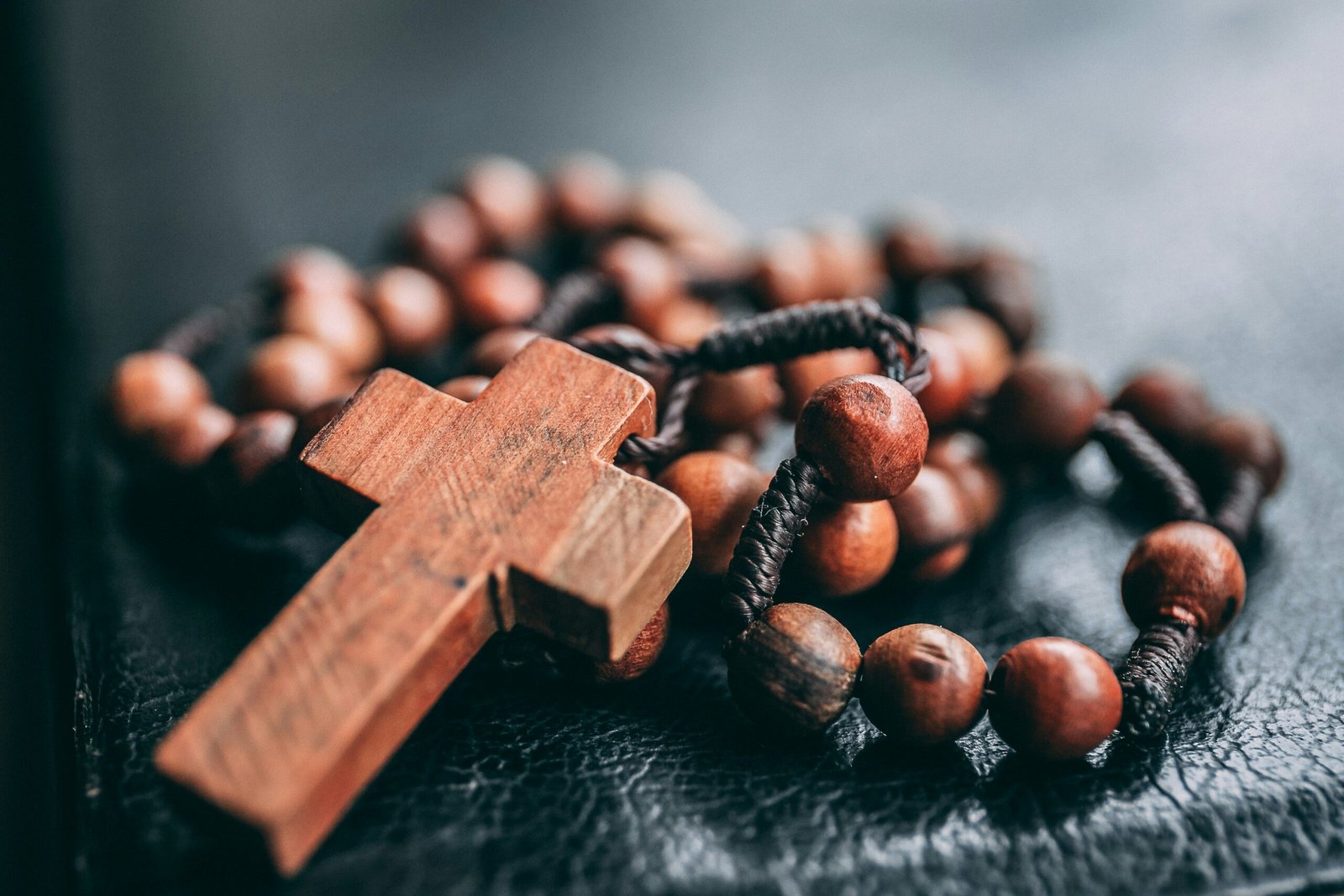The Intersection of Religion and Sexual Liberation
In today’s society, the concept of sexual liberation has become increasingly important. It refers to the freedom of individuals to explore and express their sexuality without fear of judgment or repression. However, when discussing sexual liberation, it is essential to acknowledge the complex relationship between religion and sexuality. Throughout history, religious beliefs and teachings have played a significant role in shaping attitudes toward sexuality and influencing sexual norms and behaviors.
The Positive Influence of Religion on Sexual Liberation
Religion has often provided individuals with a moral framework that guides their behaviors, including those related to sexuality. For many people, religious teachings promote values such as love, respect, and commitment, which can contribute to healthy and fulfilling sexual relationships. These teachings can encourage individuals to approach sexuality with a sense of responsibility and consideration for their partners, fostering an environment of mutual consent and communication.
Furthermore, religious communities can offer support and guidance to individuals navigating their sexual identities. Many religious organizations have become more inclusive and accepting, providing safe spaces for individuals who may have previously felt marginalized or judged. These communities can offer counseling, education, and resources to help individuals reconcile their religious beliefs with their sexual orientation or gender identity, promoting a sense of self-acceptance and empowerment.
The Negative Influence of Religion on Sexual Liberation
While religion can have positive effects on sexual liberation, it is crucial to recognize that certain religious beliefs and practices have historically perpetuated harmful attitudes toward sexuality. Some religious teachings have stigmatized certain sexual orientations or behaviors, leading to discrimination and prejudice. This can create a climate of shame and guilt, preventing individuals from fully embracing their sexual identities and desires.
Moreover, the influence of organized religion on sexual norms and behaviors can sometimes result in restrictive and oppressive practices. For example, some religious institutions may enforce strict codes of conduct that dictate how individuals should express their sexuality, often emphasizing abstinence before marriage and condemning premarital sex or non-heteronormative relationships. These teachings can limit individuals’ sexual autonomy and create feelings of guilt and shame for those who do not conform to these prescribed norms.
Seeking Balance and Understanding
It is essential to approach the intersection of religion and sexual liberation with an open mind and a willingness to engage in respectful dialogue. While religion has undoubtedly shaped societal attitudes toward sexuality, it is important to recognize that religious beliefs and practices can vary widely. Not all religious individuals or communities hold the same views on sexuality, and many are actively working towards more inclusive and affirming approaches.
By fostering conversations that promote understanding and empathy, individuals can challenge harmful stereotypes and promote a more inclusive and accepting society. Education and awareness about different religious perspectives can help bridge the gap between religious teachings and sexual liberation, allowing individuals to navigate their sexual identities while still honoring their religious beliefs.
Ultimately, the intersection of religion and sexual liberation is complex and multifaceted. While religion has the potential to both support and hinder sexual liberation, it is crucial to recognize that individuals have agency over their own bodies and sexual experiences. By embracing diversity and promoting open-mindedness, we can work towards a society that respects and celebrates the sexual autonomy and liberation of all individuals, regardless of their religious beliefs.

